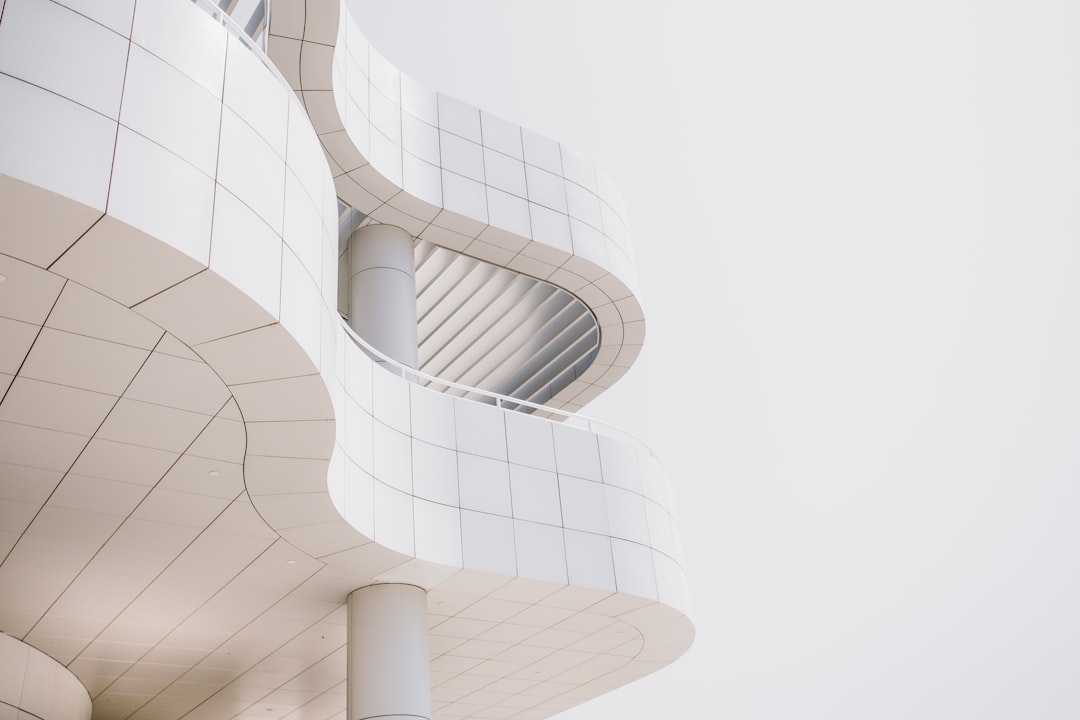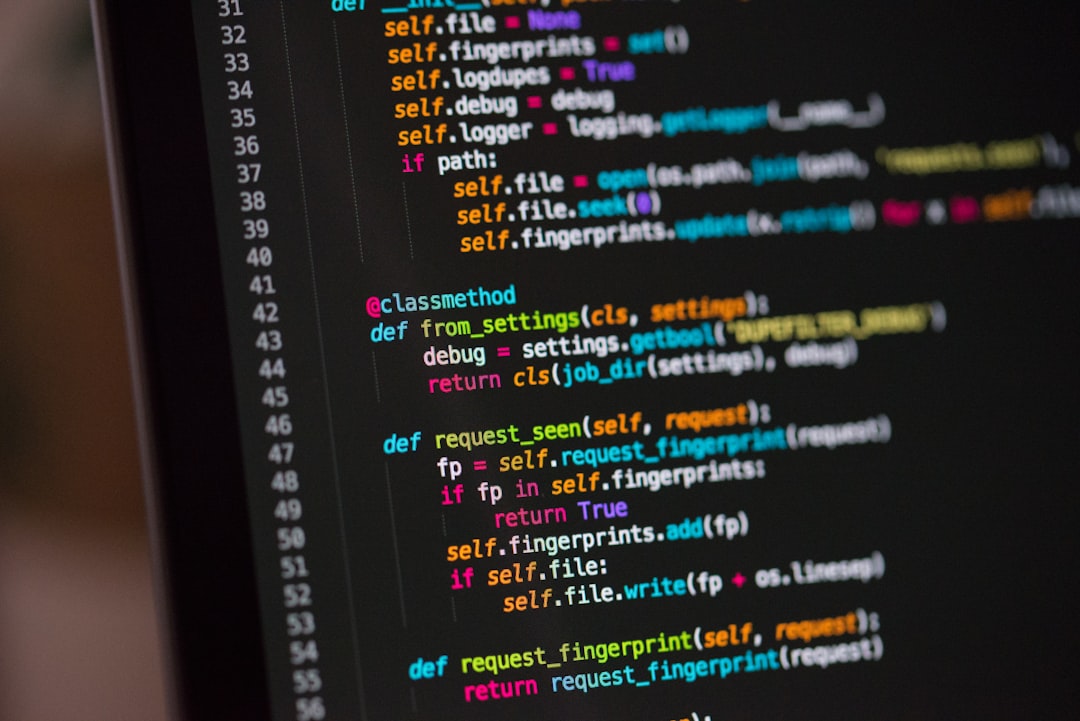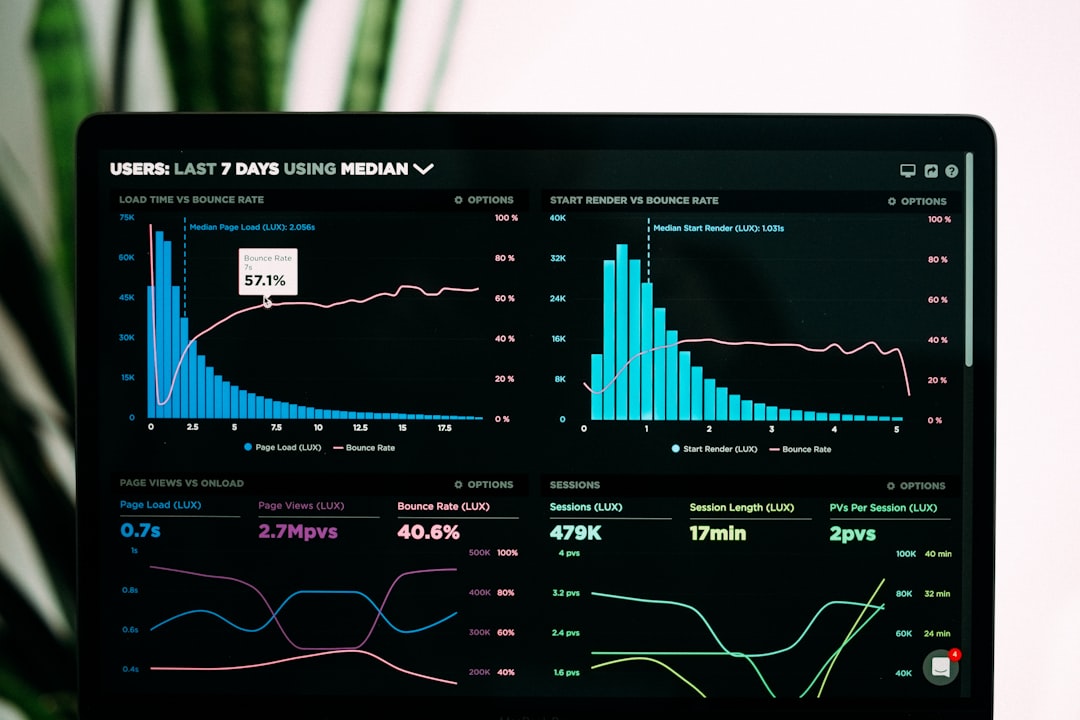Unlock encrypted content
Please enter your SSCE key to initiate on-the-fly decryption.
Decryption key: (Click cancel if you don't have the key)
Copied link to clipboard.
This feature is unavailable for free accounts. Upgrade now and enjoy all Premium benefits.
Go Premium!
This feature is unavailable for free accounts. Upgrade now and enjoy all Premium benefits.
Go Premium!
Please open this page in browser ( Google Chrome or Safari ) to use this feature.
Open In Browser
The Future of Technology: How Cloud Storage, Robotics, and Space Tourism Shape Our Lives.
Random related video for this blog.
Copied share link to clipboard.
In an era of rapid technological advancement, understanding the implications of innovations like cloud storage and robotics is crucial.
Cloud Storage for Photographers
For photographers, the challenge of managing vast amounts of digital assets is ever-present. The emergence of cloud storage solutions, such as FileLu, has revolutionized how photographers store and share their work. With the ability to preview all photos, docs, spreadsheets, and videos from anywhere, photographers can focus on their creativity rather than the logistics of file management. FileLu offers seamless mobile app integration, allowing users to upload files directly from their devices. This is particularly beneficial for photographers who are often on the go. The auto camera upload feature ensures that every shot is instantly backed up, minimizing the risk of losing precious images. Moreover, with multi-device access, photographers can easily share their portfolios with clients or collaborators, facilitating real-time feedback and collaboration. As the demand for high-quality images continues to rise, the need for efficient video storage becomes equally important. FileLu's capabilities allow for large file transfers, accommodating the high-resolution videos that are becoming standard in the industry. Photographers can now upload their videos with ease, ensuring that their work is preserved and accessible whenever needed. This shift not only enhances productivity but also empowers photographers to explore creative avenues, knowing their work is securely stored.Robotics and Tesla Autopilot
The integration of robotics into everyday life is becoming increasingly pronounced, with Tesla's Autopilot being a leading example. This technology represents a significant leap toward automation, promising to enhance safety and efficiency on the roads. However, it also raises questions about the future of transportation and the potential for a robot rebellion. As Tesla continues to refine its Autopilot features, the implications for society are profound. On one hand, autonomous vehicles can reduce accidents caused byhuman error, potentially saving thousands of lives each year. On the other hand, the rise of robotics in transportation could lead to job displacement for millions of drivers worldwide. As we navigate these changes, it is essential to consider how society can adapt to the evolving landscape of work and technology. Moreover, the concept of a robot rebellion—where machines may act against human interests—has been a popular theme in dystopian futures. While this notion often stems from science fiction, the reality is that ethical considerations must guide the development of autonomous technologies. Ensuring that robots operate within a framework that prioritizes human safety and ethical standards is paramount as we embrace this new era of automation.
Space Tourism and Its Potential
As companies like SpaceX and Blue Origin pioneer the realm of space tourism, we are on the brink of a new frontier. This burgeoning industry opens up exciting possibilities for exploration and adventure, allowing everyday people to experience space travel. However, it also presents significant challenges, including environmental concerns and the socioeconomic implications of access to space. Space tourism can be seen as an extension of the human desire to explore the unknown. With the potential to offer suborbital flights, these companies are not only creating a new market but also inspiring future generations to pursue careers in STEM fields. Imagine a world where children grow up dreaming of becoming astronauts, engineers, or scientists, all thanks to the accessibility of space travel. However, the environmental impact of rocket launches cannot be overlooked. As we venture into this new era, it is crucial to develop sustainable practices that minimize our ecological footprint. Additionally, as space tourism becomes more mainstream, questions regarding equity arise. Will this experience be available to all, or will it remain a privilege for the wealthy? Addressing these questions is vital as we shape the future of space exploration.Adapting to Dystopian Futures
The rapid evolution of technology has engendered a mix of excitement and apprehension regarding the direction of society. Dystopian futures often paint a grim picture of what could happen if technology is mismanaged or used irresponsibly. The intersection of robotics, cloud storage, and space tourism highlights the necessity for ethical considerations and responsible innovation. To prevent a dystopian outcome, it is essential for stakeholders—governments, corporations, and individuals—to engage in proactive discussions about the implications of emerging technologies. Establishing regulatory frameworks and ethical guidelines can help ensure that advancements in robotics and cloud storage serve humanity rather than threaten it. Moreover, fostering a culture of transparency and accountability can mitigate the risks associated with technological advancements. By prioritizing ethical considerations and societal well-being, we can steer technological progress toward beneficial outcomes. This proactive approach is vital in shaping a future where technology enhances our lives rather than complicates them.Conclusion
The interplay of cloud storage, robotics, and space tourism paints a complex picture of our technological future. Innovations like FileLu empower photographers and creative professionals, while advancements in robotics promise to revolutionize transportation. As we stand on the cusp of space tourism, the potential for exploration and adventure beckons. However, navigating these changes requires a commitment to ethical considerations and responsible innovation. As we embrace these technologies, we must remain vigilant against the potential pitfalls that accompany rapid progress. By fostering a culture of accountability and transparency, we can harness the power of technology to create a future that benefits all of humanity.Frequently Asked Questions (FAQs)
Question: What is FileLu and how does it benefit photographers? Answer:
FileLu is a cloud storage platform designed to help photographers and creatives store, manage, and share their digital assets securely. It offers features like auto camera upload, multi-device access, and video storage, making it an ideal solution for professionals.
Question: How does Tesla Autopilot work and what are its implications? Answer:
Tesla Autopilot is an advanced driver-assistance system that uses sensors and cameras to enable semi-autonomous driving. Its implications include increased road safety but also concerns about job displacement and ethical considerations in automation.
Question: What are the environmental concerns associated with space tourism? Answer:
Space tourism raises environmental concerns primarily related to rocket launches, which can contribute to atmospheric pollution. Sustainable practices and technologies are essential to mitigate these impacts as the industry grows.
By Amelia Isabella
Email: [email protected]
Related
Scalable Cloud Storage Architecture for Efficient File Collaboration and Data...
June 2, 2023
Read More
Popular
Latest
The Future of Digital Transformation: Exploring Smart Homes, Efficient File...
November 30, 2025
Read More
Exploring the Benefits of Cloud Storage and Innovative Technologies in...
November 26, 2025
Read More
The Future of Technology: Exploring Biohacking, Space Tourism, and Digital...
November 23, 2025
Read More
The Future of File Sharing: Streamlined Workflows for Photographers and...
November 19, 2025
Read More
Exploring the Intersection of Technology: From Cybersecurity to Augmented Reality...
November 16, 2025
Read More
The Future of File Management: Embracing Edge Computing and Efficient...
November 12, 2025
Read More
The Future of File Sharing: Exploring User-Friendly Solutions and Data...
November 5, 2025
Read More
The Future of Cloud Storage: How FileLu Empowers Creative Professionals...
November 2, 2025
Read More
The Future of Autonomous Technologies: Innovations in Robotics, File Sharing,...
October 29, 2025
Read More
Emerging Technologies Revolutionizing File Management: From Li-Fi to Robust Collaboration...
October 26, 2025
Read More
Emerging Technologies: Exploring the Impact of File Access Auditing, Genetic...
October 19, 2025
Read More
The Future of Data Storage: Exploring Advanced Encryption, Mobile Integration,...
October 5, 2025
Read More
Exploring the Future of Data Management: Security, Efficiency, and Cognitive...
September 28, 2025
Read More
Revolutionizing Data Management: Innovations in Storage, Security, and Sustainable Technology.
September 24, 2025
Read More

























